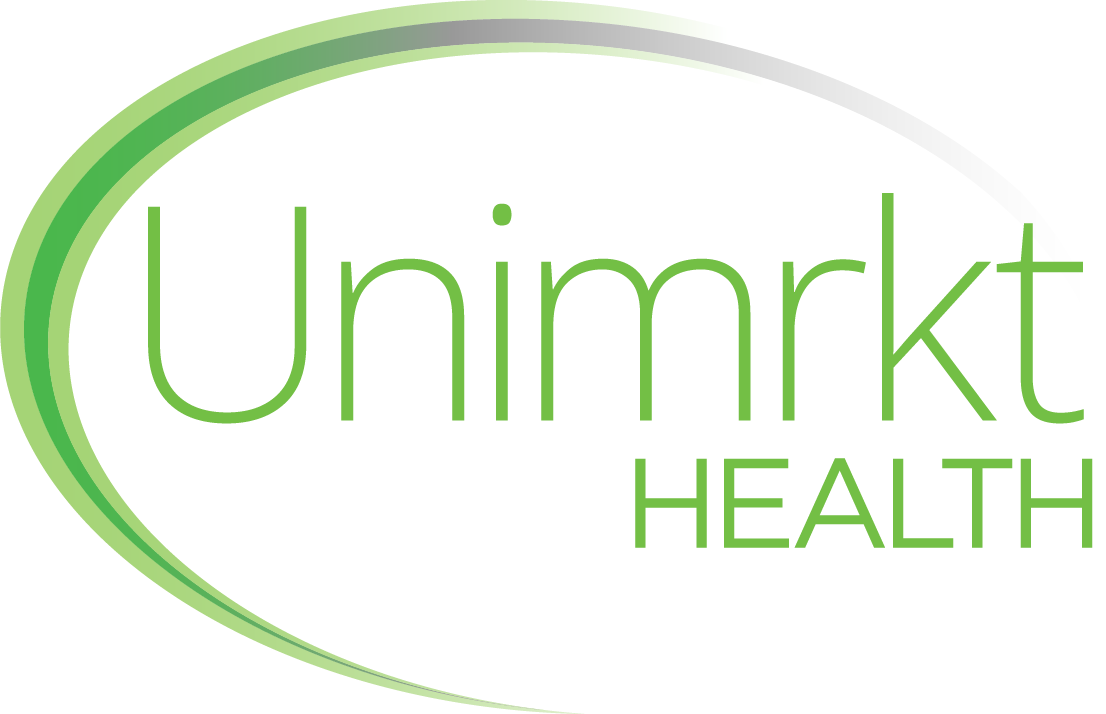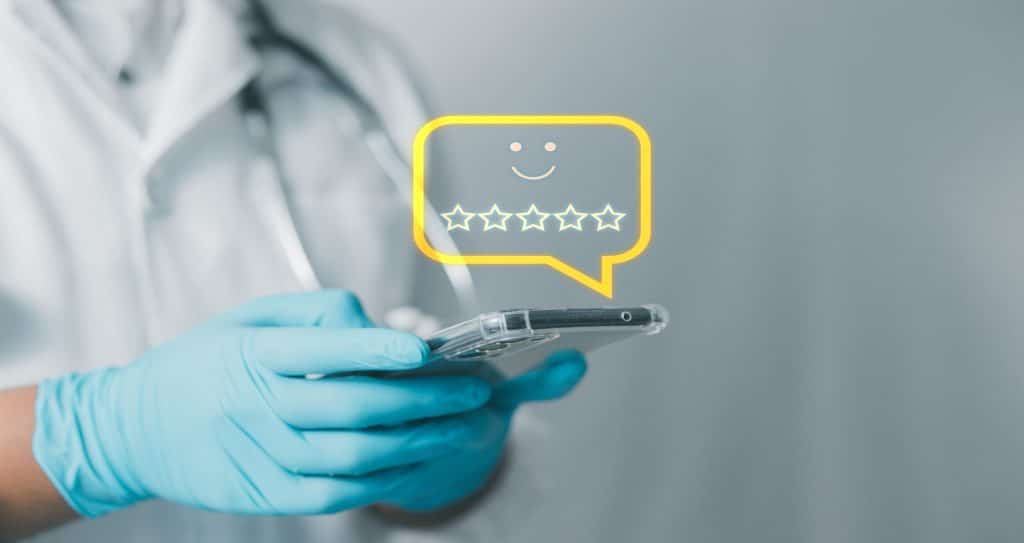Safeguarding Patient Data: An Agenda for Digital Health Technology Businesses
- Unimrkt Healthcare » Blog » Safeguarding Patient Data: An Agenda for Digital Health Technology Businesses
As digital health technology ascends, it promises enhanced patient outcomes, streamlined processes, and improved access to care. But this transformation carries a critical concern: safeguarding patient data. In a world increasingly connected through digital healthcare solutions, where healthcare providers, insurers, and patients depend on digital platforms and devices, protecting sensitive patient information is paramount. Data breaches and privacy violations can pose significant consequences for patients, tarnishing the reputation and viability of digital healthcare companies handling this data. In this blog, we delve into the vital considerations and strategies that businesses in the digital healthcare market, especially in India, must embrace to effectively safeguard patient data. Let’s begin.
Potential Risks and Challenges: An Overview
While digital health technology offers immense opportunities, it also introduces a myriad of risks and challenges when it comes to handling patient data. Understanding these potential pitfalls is essential for digital health technology businesses to develop effective strategies that mitigate the risks and protect patient privacy. Let’s explore some of the key challenges they face:
Data Breaches and Cyber Attacks
Healthcare organizations are prime targets for cybercriminals due to the wealth of valuable patient data they possess. Data breaches can result in unauthorized access, theft, or exposure of sensitive information, leading to significant financial, legal, and reputational consequences.
Interoperability and Data Sharing
As healthcare systems become more interconnected than ever, ensuring secure data sharing and interoperability between different platforms and systems is a critical challenge. Striking a balance between facilitating seamless data exchange and maintaining robust security measures is crucial to prevent unauthorized access or data breaches.
Insider Threats
Despite technological safeguards, the risk of insider threats remains. Employees or individuals with authorized access to patient data may intentionally or unintentionally compromise data security. Businesses need to implement strict access controls, regular training programs, and monitoring mechanisms to mitigate this risk.
Emerging Technologies
The rapid evolution of new-age digital technology in healthcare, such as artificial intelligence (AI), the Internet of Things (IoT), and cloud computing, presents both opportunities and challenges. These technologies bring new complexities and vulnerabilities that need to be carefully addressed to ensure the protection of patient data.
Understanding the Regulatory Landscape
Compliance with data protection regulations ensures that patient privacy is respected, and the risk of data breaches is minimized. Key regulations such as the General Data Protection Regulation (GDPR) in the European Union (EU) and the Health Insurance Portability and Accountability Act (HIPAA) in the United States (US) have specific requirements that businesses must adhere to when handling patient data. These regulations outline guidelines for data collection, storage, access, and sharing, as well as the need for informed consent and breach reporting. Staying informed about the evolving regulatory environment, regularly auditing data practices, and establishing robust data governance frameworks are essential steps for businesses to demonstrate their commitment to protecting patient data and maintaining compliance with the law. By aligning their operations with regulatory requirements, digital health technology businesses can build trust with patients, regulatory bodies, and other stakeholders while fostering a secure and ethical environment for the exchange of healthcare information.
Establishing a Governance Framework
A solid data governance framework is essential for digital health technology businesses to effectively safeguard patient data. This framework involves the development of policies, procedures, and controls that govern the collection, storage, access, and use of data throughout the organization. A comprehensive data governance framework includes:
- Clear roles and responsibilities
- Data classification and encryption protocols
- Regular data risk assessments, and
- Robust data breach response plans
- Implementation of data access controls
- User authentication measures, and
- Audit trails to track data usage and detect any suspicious activities
By establishing a data governance framework, businesses can ensure the confidentiality, integrity, and availability of patient data while demonstrating their commitment to privacy and security. Moreover, such a framework provides a solid foundation for compliance with regulatory requirements, instills trust in patients, and enhances the overall security posture of the organization.
Conducting Regular Security Assessments and Audits
Regular security assessments and audits are vital components of a proactive approach to safeguarding patient data for digital health technology businesses. These assessments involve the following:
- Systematic evaluation of existing security measures
- Identification of vulnerabilities, and
- Determination of potential risks
By conducting comprehensive penetration testing, vulnerability scans, and risk assessments, businesses can uncover weaknesses in their systems and infrastructure. Regular audits help ensure compliance with security policies and regulatory requirements, as well as identify any gaps or areas for improvement. Through these assessments and audits, businesses can stay one step ahead of evolving cyber threats, enhance their security posture, and implement necessary measures to protect patient data. It also provides an opportunity to review and update security protocols and practices based on emerging best practices and industry standards. By prioritizing regular security assessments and audits, digital health technology businesses can proactively mitigate risks, maintain data integrity, and fortify their defenses against potential breaches or cyberattacks.
Final Word
As digital health technology businesses strive to improve patient outcomes, streamline processes, and drive innovation, they must also prioritize the ethical and secure handling of patient data. By embracing this agenda and placing patient privacy and data security at the forefront, businesses can contribute to the development of a responsible and sustainable digital healthcare ecosystem. Deploying the appropriate data-safeguarding processes ensures that the data collected is secured. It always helps to employ state-of-the-art digital health solutions to ensure that your patient research data is safe. When it comes to adopting digital technology in healthcare, it’s crucial to work with a reputable digital healthcare market research firm with proven expertise and experience. Your search for top digital healthcare companies in India ends at Unimrkt Healthcare. We employ the latest digital health technology to ensure your market research data is safe and secure. To learn more about the digital healthcare solutions we can help you deploy, call +91-124-424-5210, +91-9870-377-557, or email sales@unimrkthealth.com. You may also fill out our contact form and our experts will contact you at the earliest.
Recent Posts
- Metaverse in Healthcare: Exploring the Future of Medicine
- How Online Bulletin Boards Can Help You Design Smart Wearables?
- How the Pharma Market is Changing in 2024 and Tips to Prepare
- The Popularity of Weight-loss Drugs: A Big Opportunity in Waiting?
- Opportunity in Waiting: Future of AI/ML in the Medical Market
Archives
- July 2024
- June 2024
- May 2024
- April 2024
- March 2024
- February 2024
- January 2024
- December 2023
- November 2023
- October 2023
- September 2023
- August 2023
- July 2023
- June 2023
- May 2023
- April 2023
- March 2023
- February 2023
- January 2023
- December 2022
- November 2022
- October 2022
- September 2022
- August 2022
- July 2022
- June 2022
- May 2022
Quick Enquiry
Customer Service, We Make it Better
Related Posts:
Let's Connect
Please, fill in the form to get in touch!



